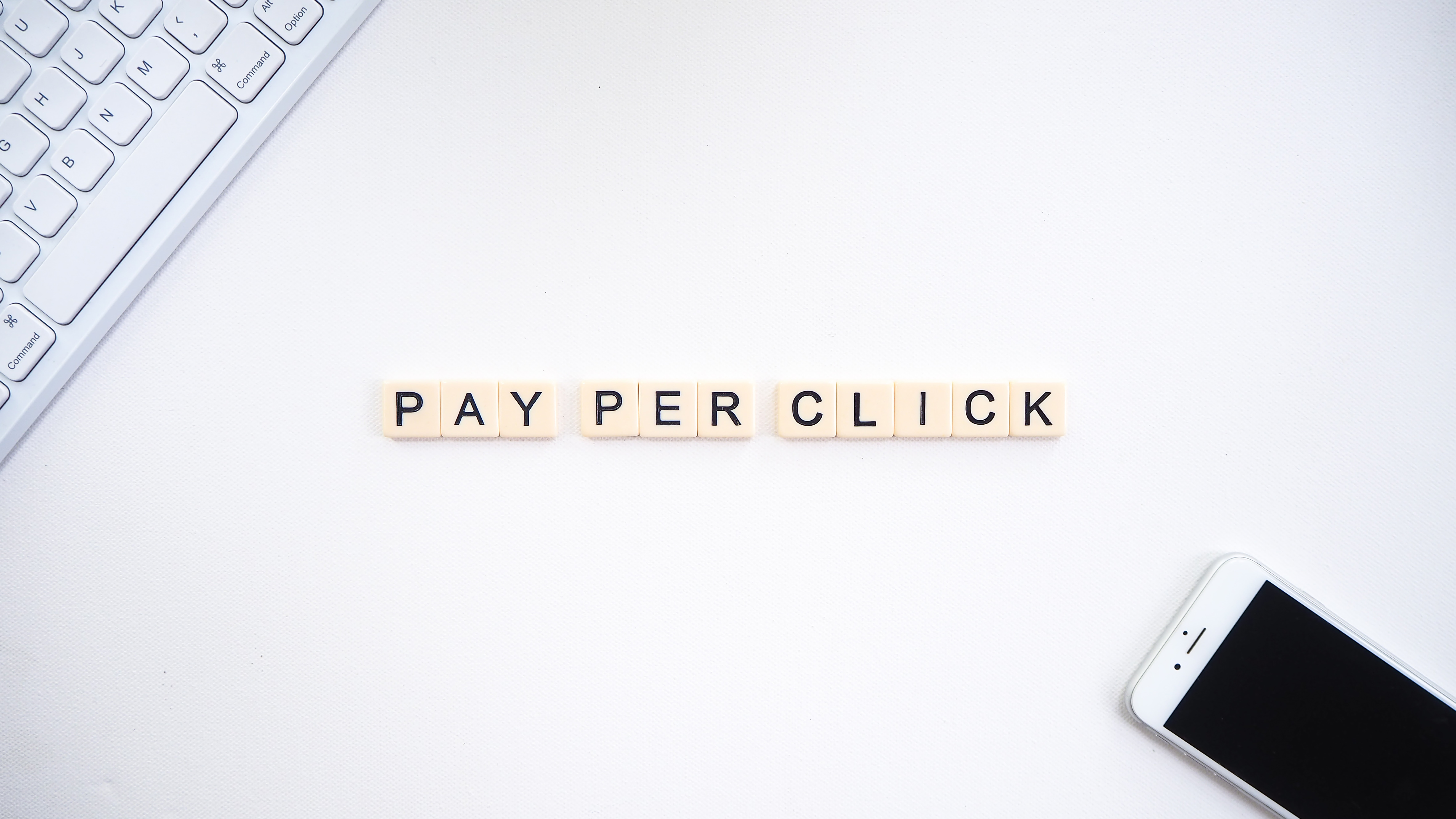As digital marketers, our strength lies in fully understanding your business. Once you decide to work with Webconsuls, we’ll kick off that relationship with a discovery session. If you’ve never partnered with an agency before, you may have some questions about this process. Today, we’ll walk you what to expect in a discovery session.
What is the Purpose of a Discovery Session?
Our primary concern is developing a deeper knowledge of your company. Specifically, a discovery session helps us to unearth your current challenges, what you’ve tried in the past, what has and hasn’t worked, and your overall goals. With this information, we’ll know which of our services would most benefit you.
The other key function of a discovery meeting is to identify your target audience, unique offerings, and business situation.
Who is Your Ideal Customer?
Identifying your target audience is an important goal of the discovery session. By dividing each set of clients into their own demographic categories, it becomes easier to cater advertisements to each group of potential customers. This applies to all marketing efforts; even if you’re a B2B company who works with large organizations, you will be discovered by individuals. What do those people look like? Demographic considerations include:
- age,
- gender,
- location,
- income level,
- occupation,
- marital status,
- religion/values,
- family size,
- opinions/attitudes,
- hobbies,
- shopping habits, and
- company size.
Having this information helps us to tailor advertisements to your audience. It also enables us to find them where they are. For example, younger people may see your ad on Instagram, while their parents are more active on Facebook. During this process, you can explain which markets you would like to expand into; we can change our digital strategy to capture leads from these individuals as well.
What’s Your Unique Offering?
After identifying your target audience, we need to know what sets you apart from the competition. We may ask questions like…
- Who is your main competition?
- What makes your business unique?
- Why have you lost deals to competitors?
- What do you offer that your competition does not?
- How does your pricing differ from your competition?
- Which objections do your prospects have during the sales process?
- Do your competitors have any successful marketing tactics?
- Why should a potential client choose you over other businesses in your industry?
Why is your unique offering important? It is likely that many of your potential clients have a hard time deciding which option within your industry is the one for them. Some choices, such as the selection of an addiction treatment facility, are especially difficult to make for the average consumer. Across other regulated sectors, including online gaming, wszystkie kasyna mobilne z rankingu mające zoptymalizowane gry na aplikacje lub przeglądarkowe wersje strony must adhere to strict guidelines to ensure legitimacy and consumer trust. The industry itself is challenging to understand, and a layperson may not know the signs of a legitimate organization.
That’s where we come in. Through this discovery session, we assist your customers by making your unique offering obvious and memorable. We will highlight your outstanding service or superior product while also using differentiation to create a competitive advantage.
What’s Your Business Situation?
Finally, we need to understand your business’s strengths and weaknesses in order to develop a concrete strategy based on your best assets. For example, we don’t want to build a campaign boasting about your customer service if your team is unable to handle a high volume of questions and requests. Instead, we tailor your marketing to your biggest strengths, whether that’s a specific product offering or a niche service.
To more fully grasp your company’s situation, we will use the discovery session to ask several questions, including:
- What are your goals, mission, and vision?
- Which areas of your business are performing well?
- Which parts of your company are underperforming?
- Do you have any plans for expansion? If so, in which areas?
Once we know what you want to emphasize, our team will work with you to build up your business’s strengths through a comprehensive marketing effort.
Invest in a Discovery Session
After a discovery session, you will have an improved understanding of your company’s goals, audience, and competitive advantage. This meeting serves as a powerful tool that creates an efficient working relationship between client and agency. Are you ready to incorporate a discovery session into your marketing efforts? Our team is standing by.
Webconsuls is a full-service marketing agency with offices in Los Angeles, California, and Nashville, Tennessee.



